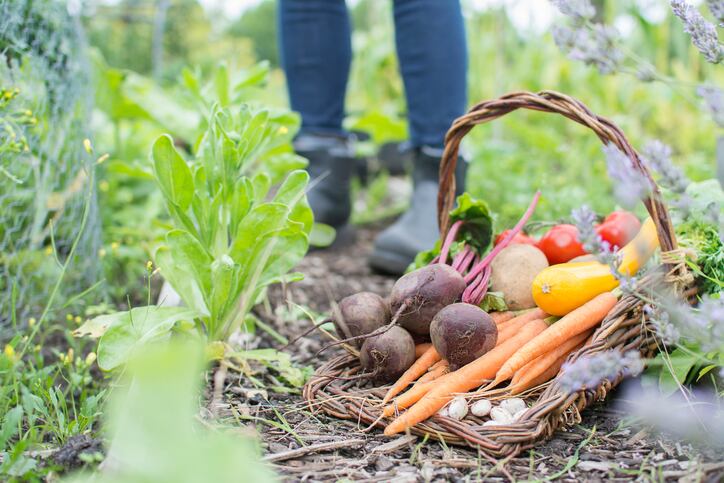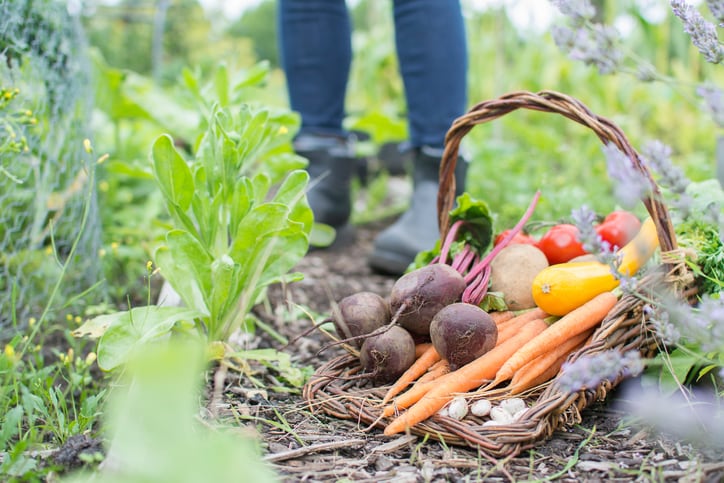Signed by FAO director-general José Graziano da Silva and the president of Confederazione Nazionale Coltivatori Diretti (Coldiretti), Ettore Prandini, memorandum of understanding will “pave the way for joint actions” to promote sustainable food systems. This includes organic and biodynamic farming, protected geographical indications and biodiversity.
The commitments will help contribute to the United Nations' second Sustainable Development Goal of zero hunger, and healthier diets for all.
Under the agreement, FAO and Coldiretti agreed to exchange knowledge and good practice on a number of points, including sustainable agriculture and use of natural resources, food value chain organisation, and innovation for a sustainable agri-food sector.
Graziano da Silva said: “Ensuring equitable access to productive resources, particularly land and water, services, technologies and markets, including the implementation of public policies in support of family farmers are all key to achieve a zero hunger world by 2030.
“Coldiretti and other producers’ organisations are strategic partners for FAO in poverty reduction and inclusive agriculture and food systems that are key components in achieving zero hunger.”
The agreement was signed in Rome yesterday, just over one month before the UN Decade of Family Farming is set to begin, running from 2019 to 2028, which aims to refresh political commitment to support family farmers and draw up pro-family farming policies around the world.
The agreement focuses on the role of family farming (also known as agro-ecology), which accounts for 80% of the world's food.
A statement by Coldiretti, Italy’s biggest farmers’ association with over 1.6 million members, reads: “In this sense, the Italian experience is significant: resisting years of increasing globalization, Italian farmers have focused on a distinctive model of family agriculture rooted in the territories, of immense variety, [that are] able to generate not only wealth and employment but also social cohesion.”
According to Coldiretti, sourcing food from “alternative food networks” reduces food waste because the products are fresher and therefore last longer. It cited the findings of an ISPRA study, which compared the amount of food waste in different food systems and found a rate of 40 to 60% for large distribution systems. “[This] drops to just 15 to 25% for direct purchases from the agricultural producer,” said Coldiretti.


